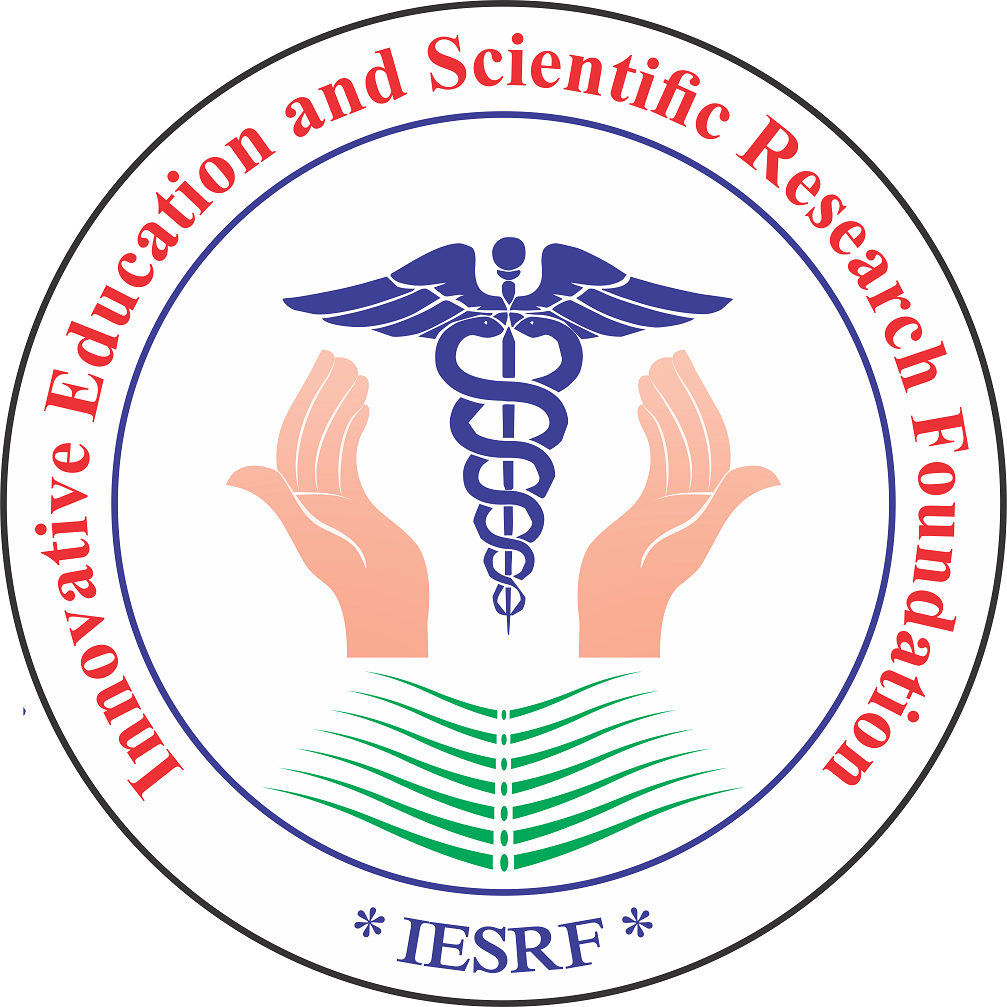- Visibility 279 Views
- Downloads 200 Downloads
- Permissions
- DOI 10.18231/j.jpbs.2025.007
-
CrossMark
- Citation
Emerging paradigms in pharmaceutical care
Pharmaceutical care has evolved significantly in recent years, transitioning from a product-centered practice to a patient-centered model that emphasizes optimized therapeutic outcomes and enhanced quality of life. Recent trends highlight the integration of digital health technologies, personalized medicine, and value-based care approaches, all of which have redefined the pharmacist's role within the healthcare system. Advancements in pharmacogenomics, telepharmacy, and clinical decision support systems are enabling more precise and accessible medication management. Furthermore, the COVID-19 pandemic has accelerated the adoption of remote patient care and highlighted the critical role of pharmacists in public health initiatives such as vaccination drives and chronic disease management. This review explores these emerging trends, discusses the implications for healthcare delivery, and outlines the challenges and opportunities facing modern pharmaceutical practice. Emphasis is placed on interprofessional collaboration, healthcare policy developments, and the need for continuous professional education to keep pace with these innovations.
Keywords: Pharmaceutical care, Personalized medicine, Pharmacogenomics, Telepharmacy, Digital health, Clinical pharmacy, Medication therapy management
References
- Lamberti MJ, Wilkinson M, DonzantiB A. A study on the application and use of artificial intelligence to support drug development. Clin Ther. 2091;41(8):1414–42
- Murali N, Sivakumaran N. Artificial intelligence in healthcare: a review. Int J Mod Comput Inf Commun Technol. 2018;(6):103–10
- Sahu A, Mishra J, Kushwaha N. Artificial intelligence (AI) in drugs and pharmaceuticals. Comb Chem High Throughput Screen. 2022;25(11):1818–83
- Bhattacharyya S, Ramakrishna KH. Use of artificial intelligence in in silico drug discovery of pharmaceuticals. Indian Drugs. 2021;8(12):7–15
- Singh L, Tiwari RK, Verma S, Sharma V. The future of artificial intelligence in pharmaceutical product formulation. Drug Deliv Lett. 2091; 9(4):277–85
- Shao Q, Rowe RC, York P. Investigation of an artificial intelligence technology—model trees: novel applications for an immediate release tablet formulation database. Eur J Pharm Sci. 2007;31(2):137–44
- Li Z, Li X, Liu X, Fu Z, Xiong Z, Wu X. KinomeX: a web application for predicting kinome-wide polypharmacology effect of small molecules. Bioinformatics,2019;35(24):5354–6 44 Kauser et al. / Journal of Pharmaceutical and Biological Sciences 2025;13(1):39-44
- Mak KK, Pichika MR. Artificial intelligence in drug development: present status and future prospects. Drug Discov Today. 2019;24(3):773–80
- Agatonovic-Kustrin S, Beresford R. Basic concepts of artificial neural network (ANN) modeling and its application in pharmaceutical research. J Pharm Biomed Anal. 2000;22(5):717–
- Kakani V, Nguyen VH, Kumar BP, Kim H, Pasupuleti VR. A critical review on computer vision and artificial intelligence in food industry. J Agric Food Res 2020:2:100033
- Zhu H. Big data and artificial intelligence modeling for drug discovery. Annu Rev Pharmacol Toxicol. 2020; 60:573–89
- Chan HS, Shan H, Dahoun T, Vogel H, Yuan S. Advancing drug discovery via artificial intelligence. Trends Pharmacol Sci. 2019;40(8):592–604
- Ciallella HL, Zhu H. Advancing computational toxicology in the big data era by artificial intelligence: data-driven and mechanism-driven modeling for chemical toxicity. Chem Res Toxicol. 2019;32(4):536– 47
- Danilevsky M, Qian K, Aharonov R, Katsis Y, Kawas B, Sen P. A survey of the state of explainable AI for natural language processing. 2010;00711
- Bini SA. Artificial intelligence, machine learning, deep learning, and cognitive computing: what do these terms mean and how will they impact health care?. J Arthroplasty. 2018;33(8):2358-61.
- Choi E, Bahadori MT, Schuetz A, Stewart WF, Sun J. Doctor AI: predicting clinical events via recurrent neural networks. In: Machine learning and healthcare Conference,2016;56:301–18
- Pereira JC, Caffarena ER, Dos Santos CN. Boosting docking-based virtual screening with deep learning. J Chem Inf Model. 2016;56(12):2495–506
- Brown N. In silico medicinal chemistry: computational methods to support drug design. Theor Comput Chem Ser. 2015;p.232
- Ma L, Sun B. Machine learning and AI in marketing–connecting computing power to human insights. Int J Res Mark. 2020;37(3):481–504
- Bengio Y, Lecun Y, Hinton G. Deep learning for AI. Common ACM. 2021;64(7):58–65
- Paul D, Sanap G, Shenoy S, Kalyane D, Kalia K, Tekade RK. Artificial intelligence in drug discovery and development. Drug Discov Today. 2021;26(1):80–93.
How to Cite This Article
Vancouver
Kauser MS, Syamala PR, Pushpalatha M, Harshini K. Emerging paradigms in pharmaceutical care [Internet]. J Pharm Biol Sci. 2025 [cited 2025 Oct 24];13(1):39-44. Available from: https://doi.org/10.18231/j.jpbs.2025.007
APA
Kauser, M. S., Syamala, P. R., Pushpalatha, M., Harshini, K. (2025). Emerging paradigms in pharmaceutical care. J Pharm Biol Sci, 13(1), 39-44. https://doi.org/10.18231/j.jpbs.2025.007
MLA
Kauser, Mohammed. Sheeba, Syamala, Prasanna Reddy, Pushpalatha, M., Harshini, K.R. "Emerging paradigms in pharmaceutical care." J Pharm Biol Sci, vol. 13, no. 1, 2025, pp. 39-44. https://doi.org/10.18231/j.jpbs.2025.007
Chicago
Kauser, M. S., Syamala, P. R., Pushpalatha, M., Harshini, K.. "Emerging paradigms in pharmaceutical care." J Pharm Biol Sci 13, no. 1 (2025): 39-44. https://doi.org/10.18231/j.jpbs.2025.007
